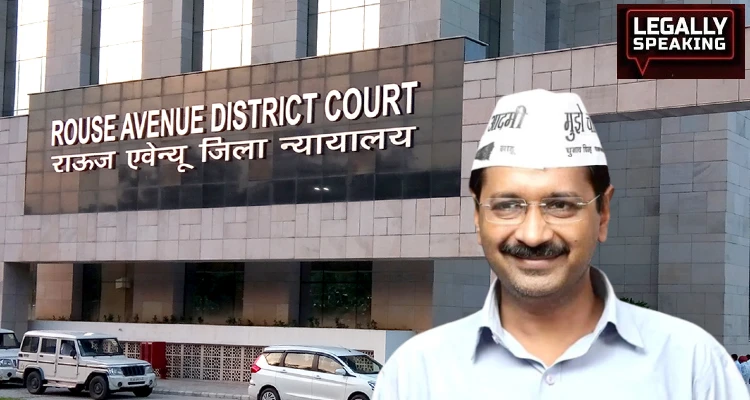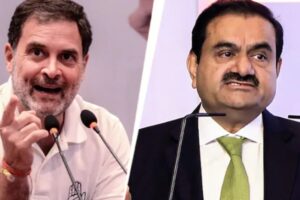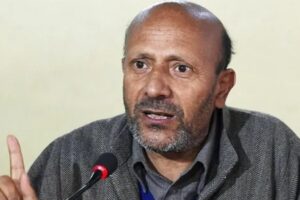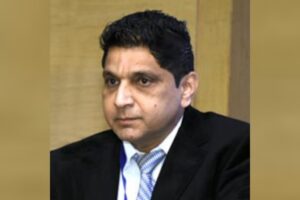
Delhi’s Rouse Avenue court on Saturday granted Chief Minister Arvind Kejriwal exemption from personal appearance for the day regarding a complaint filed by the ED against him over non-compliance with summonses in a money laundering case linked to the now-scrapped excise policy.
Additional Chief Metropolitan Magistrate Divya Malhotra granted relief to Kejriwal after the AAP leader appeared before the court via video-conferencing and requested exemption from physical appearance for the day.
Kejriwal informed the court that due to the ongoing Budget session of the Delhi Assembly, he was unable to appear before it. Representing Kejriwal, senior advocate Ramesh Gupta informed the court that the Delhi chief minister will appear in person on the next hearing date. The court adjourned the matter to March 16.
In its complaint, the Enforcement Directorate (ED) alleged that the Delhi chief minister intentionally disobeyed the summonses and provided “lame excuses.” The agency stated that if a high-ranking public functionary like him disregarded the law, it would “set a wrong example for the common man ie the “Aam Aadmi.”
Based on the complaint’s contents and the material on record, the judge earlier remarked that a prima facie offence under Section 174 of the Indian Penal Code (IPC) is established, and there are sufficient grounds to proceed against the accused Arvind Kejriwal. “Accordingly, issue summons to accused Arvind Kejriwal for the offence under Section 174 of the IPC for February 17, 2024,” the judge had stated. Section 174 of the IPC pertains to non-attendance in obedience to an order from a public servant.
On February 3, the ED filed a fresh complaint case against Kejriwal for non-compliance with its summonses. The AAP convenor had previously written to the ED, describing the summonses issued to him as “illegal and politically motivated,” alleging that they aimed to prevent him from campaigning in elections.





